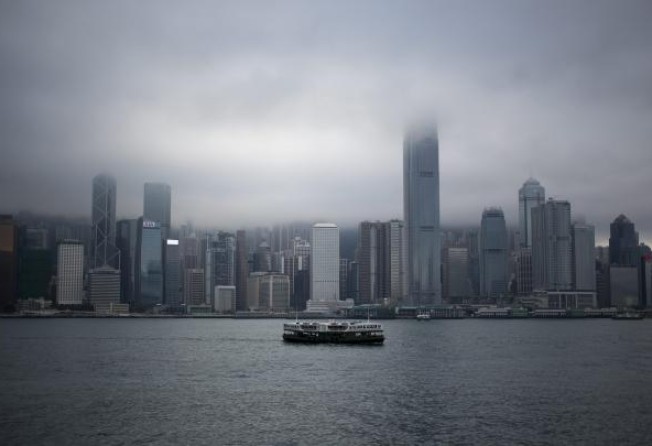Think tanks free to fool themselves about economic freedom

"No nation that has adopted economic freedom has ever failed to evolve towards civil and political freedoms, with only two possible exceptions: Singapore and Hong Kong."
Fraser Institute,
SCMP, January 10
On a visit to Vancouver I once confronted Michael Walker, the founder of the Fraser Institute, with his invariable findings that Singapore and Hong Kong are the freest economies on earth.
"Look," I told him. "Singapore is actually the first country on earth to have achieved communism in the classic Marxist sense of the word and in Hong Kong I challenge you to find a single industry, outside of telecommunications, which isn't the outright captive of a price-fixing cartel."
I might have added that the only reason we have a relatively free telecommunications industry was a backlash to it having previously been one of the most rigged on this planet, with a single private company given a 25-year monopoly on overseas calls.
But Michael Walker would have none of it.
"Do you really know how it is anywhere else?" he asked. "Have you done a comparative survey as we have?"
And I had to admit I hadn't. But I still hold that Singapore is the world's first country to have achieved communism and that I can't as much buy a can of pop in Hong Kong without further lining some cartel's pockets.
I hear you. Communist Singapore? Yes, indeed, when 90 per cent of the housing is public housing, and when half the industry is directly government owned or does not dare crook a finger without bureaucratic consent, while much of the other half only exists because of concessions or, in some cases, government blind eye.
Go get old H.G. Wells to give you the loan of his time machine, take it to the British Museum of the time, pick up Karl Marx there, and then forward it to Raffles Place, 2013, and Karl will tell you: "See, I told you it could be done."
Or not. The point of communism is that the proletariat have the wealth, but it has always struck me on visits to Singapore that the working class is mighty short of disposable income for so wealthy a town. The ruling Lee Dynasty prefers investments that produce big GDP numbers. Why let the proles squander the money when others know what's good for them?
Hong Kong is not much different. About half our housing stock is public and we love to waste public money on industrial fashions. Yes, waste. Go visit Cyberport and tell me otherwise. Government also likes to help our market-rigging cartels. Look up parallel imports. We actually pay taxes to enforce the right of foreign suppliers to overcharge us for everyday goods.
So what makes these North American think tanks like Fraser, Cato, Heritage and Franklin rate Singapore and Hong Kong so highly as exemplars of the free market?
I rather think it is simply that Singapore and Hong Kong are rich, and conservative think-tank thinking says you can only be rich if you adopt free-market principles, which means that these two must be free markets.
Singapore's bureaucrats, meanwhile, are particularly adept at knowing just what numbers the think-tank surveys need to come to these conclusions ... and at supplying them. Hong Kong is pretty good at it, too.
But the think-tank thinking misses one crucial observation. You can also become rich by stealing your money. Singapore and Hong Kong are both parasite economies, living off the lifeblood of their larger neighbours. They are more nimble, they have fewer scruples, and the bureaucrats of both are also adept at knowing just what not to let others see.
In Hong Kong, that tends to be the extent to which we launder money for mainland individuals and entities who are conscientious objectors in the matter of taxes. In Singapore, it is a wider spread of financial and trade services offered to Malaysians and Indonesians who may have reasons to set a particular value on privacy. But how would I know?
And is this calculated to bring us the civil and political freedoms that the Fraser Institute assures us we can expect from economic freedom?